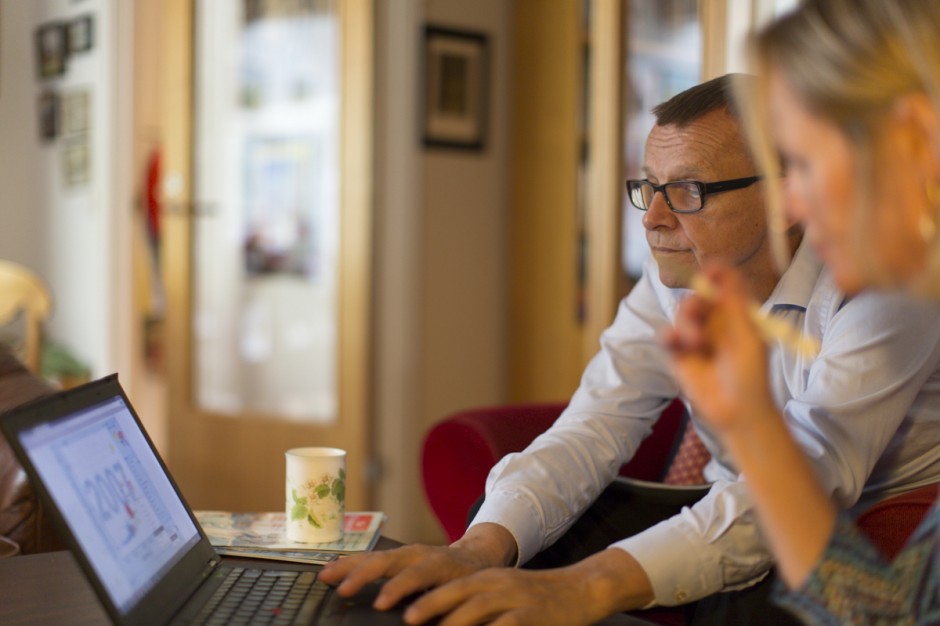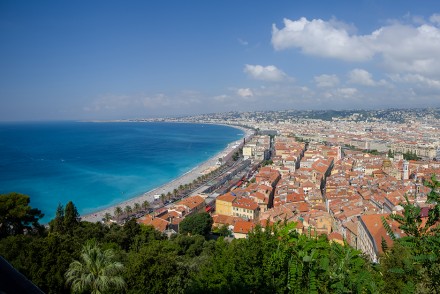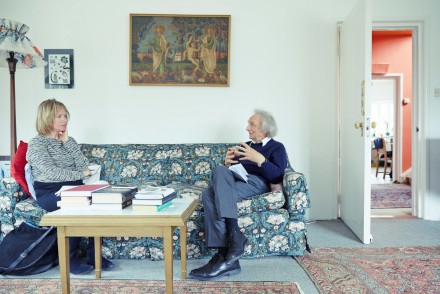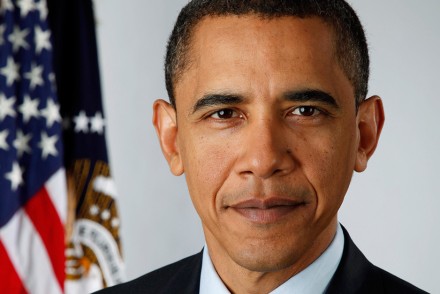In 2012, Time magazine listed Professor Hans Rosling as one of the world’s 100 most influential people in the world. He has the ear of presidents and the minds of those who use the interactive statistical database Gapminder (www.gapminder.org), which he set up with his son, Ola in 1998, and those who watch his talks on TED.com (www.TED.com). And he has the hearts of some of the poorest people in the world, whom he has helped by addressing and publicising public health problems in some of the poorest parts of the world.
On Gapminder you can find Hans predicting that on 27 July, 2048, the Asian region will regain its dominant position as the leader of the world. All Hans’ statistics are publicly available, but it is his interpretation and the way he presents them that is unique.
Hans is almost impossible to pin down professionally. His official title at the Karolinska Institute in Stockholm is Edutainer and Professor of Public Health but he’s also a doctor, an academic, a statistician, a web developer, a lecturer and internet entrepreneur. He is, above all else, a born entertainer.
This underpins his ability to get away with communicating some unpalatable truths. He has the freedom, he says, of the court jester and he uses it. His mission is to improve the health and well-being of the poorest and most underprivileged. It’s a passion, I suggest, but he corrects me: it’s an obsession.
He lives with his wife Agneta, a psychiatrist, in a modest red wooden house near Uppsala, an hour’s drive north of Stockholm. Other than some African wood carvings, there are few clues of his international career. The walls of the hallway are crammed with books and his grandson’s paintings are drying on the dining table. He travels around the world and yet he lives just 200 metres from where he was born. Is that important?
“Yes,” he replies, gesturing around the room. “Life is as it is. Nothing was planned, it was just serendipity. I did not have a plan that I was going to do all this. It just happened, and luckily, I’m still able to live here.”
By “this”, he is referring to a career spanning over 40 years, which began with a term of statistics before training to become a doctor. On Midsummer Eve, 1983, he inserted a pacemaker into a patient for the last time and quit to become a researcher in public health and from there, an academic lecturer. Fifteen years later, Ola convinced Hans that they should work together to bring statistics to a much wider audience in a totally different way. Over several years, Ola developed Trendalyzer, the animated software technology that Gapminder uses. In 2007, they sold the fifth iteration of their source code to Google. After three years working with Google, Ola returned to work for the Gapminder Foundation, a non-profitable organisation, with Hans.
“I may have been helped by never having identified very deeply with either the profession or academia, because I can move easily, but I never planned to be a researcher, a public speaker or a video producer,” Hans reflects. “It was just that I found myself doing all these things to my surprise.”
Agneta says that the big turning point in Hans’ career happened in 1972, when they went together to Asia for six months, backpacking before the word and concept had been invented. They travelled to India initially. In Bangalore they spent three weeks with the students on the social medicine, or public health degree course, visiting factories and remote rural areas. After trekking in Nepal, they visited the Chulalongkorn University Hospital in Bangkok before going on to Indonesia.
In India that Hans realised that the Indian students worked three times as hard as Swedish ones, and it dawned on him that the West would not continue to dominate the world for all that much longer. The trip also fired his obsession with public health and kindled his long-standing curiosity in how the rest of the world lived. A ‘genetic’ social democrat, Hans says he inherited both his political outlook and interest in other people from his father who worked in a small local coffee roasting factory.
“He used to bring home the metal objects they found in the coffee sacks,” Hans recalls. “It was most exciting when they found coins, because then we knew exactly which countries they were from. He’d put me on his lap and we’d look at the Atlas, and he’d talk about Columbia, Brazil, Ethiopia or British East Africa and would tell me about the working conditions of those who had picked the coffee, so in a way I grew up with the idea that they were his workmates. He used to take me to lectures organised by the Swedish Labour Movement and I loved to listen to explorers talking about different parts of the world.”
He would have been proud of what you went on to do, I suggest.
“No,” Hans says. “He was proud of what he was doing. It was his identify – it is this identity that is the core of the working class; they are proud of being working class. He actually was sad when I left him and went to university, although he expressed it kindly, because I became something else.”
When Hans was four, his mother developed TB and he was sent to live with his paternal grandfather for a year. I ask Hans how, as someone who has seen so much poverty and illness, he reacts when he sees consumers spending so much in the West. I realise my mistake immediately. You don’t adopt lazy terminology around Hans.
“That’s an interesting concept”, Hans says. “What is ‘The West’?”
And… “When you say or think the West today, is contemporary Poland part of it?”
And…. “So Poland is West, what about Belarus? ……..Russia?………Turkey?……What’s the difference between Turkey and the Ukraine? The Ukraine is poorer than Turkey. It’s a very vague cultural identity, you know, much stronger emotionally than intellectually, and the reason why I asked you is why I’ve been successful. I just brought some intellectual thinking into the description of the world.
“The last time I arrived in India, I was given an immigration card. It said: Name, Age, and then Sex, and they had three options for sex. So that means that even when we come to gender, we know the world is not as simple as just those two, but they are very dominant. When it comes to the world, it’s not as if we have West and the poor, and then some little transgender in between. No, the majority is in between, so what we need is a new sorting system, a bookshelf that doesn’t just have the West and the rest but it has different categories of countries, of life situations – what they call segmentation in the marketplace.”
This year he has been working with the BBC on a documentary about overpopulation. If the Corporation expected that Hans would fit in with the message the producer wanted to convey, they were quickly put right. “They wanted to use ‘the scare’ of population growth”, Hans says. “So I asked, ‘What about the number of children in the world’? The number of children in the world has stopped growing. There will only be two billion children in the future, and only 10% of the British population knows that. How the heck could that happen?
It matters, because as Hans argues, the average number of children per woman is an extremely strong indicator of social change, if not the most important indicator. “We’ve asked the British and Swedish people, how many babies are born per woman in Bangladesh? They think it’s four or five, but it’s 2.2. So here we have a change that has happened, and people have missed it, because the media missed it. It happened too slowly; there wasn’t an Olympics, there wasn’t an earthquake.
“This ignorance becomes more interesting, because ignorance is not lack of knowledge: it’s a preconceived idea that fills a place in our system of thinking. We have this idea that Muslim families have more children, but today, Muslim-dominated countries do not have any more children than Christian dominated ones. “
NEW WORLD, OLD WORLD
What are the implications of trends like these? The number of children per woman is a key indicator of social change. It’s easy enough, Hans argues, to know what people who have very little want: they want the same as the rest of us, clean water, washing machines for their sheets and jeans. But what will the rich want?
That’s harder to know, he says. “The post industrial society’s economy is not based on price or production. We go from service society to creative society to experiences. Nokia is down and out in Finland now, but what is the most successful company? It’s Rovio, who make Angry Birds (the video game). Who the heck at Baillie Gifford would have known that you should invest in Angry Birds?
“It’s hell to be an investor in the post industrialised societies,” Hans declaims. “Who would have understood that you should have invested in Twitter and Facebook? “
How does he feel about people spending large sums of money on things they don’t need when there are so many poor people in the world? “I see great taxing opportunities”, he says. “The tax man will get the money and then where will it go? Unfortunately, governments don’t invest it in a very clever way because they invest with a post industrial mind rather than with the needs of the poor households in mind.”
Hans believes that the old West will not only be a smaller and smaller part of the world economy, but that the rest of the world is doing well at managing without it already. Where does that leave the UK? I ask. He turns round my question with one of his own, which he then answers. “What’s the most successful product from London in the last year? The Olympics”.
“What do I consume regularly from London?”, he asks. Look!” He picks up the Economist from the coffee table and waves it. “It’s effective and it’s good. So now Britain is moving into the creative society, where it is still good at research and fashion and so on. I think Britain has a better future than Germany, where they are continuing to make cars. Where’s the future in that? They will be beaten by the Iranians.”
Hans is beginning to look a little tired – we have talked for a long time – but it vanishes when I ask how seeing human suffering and extreme poverty affect him. He says it is an intellectual challenge, but it is short-lived, and he has had to learn to deal with it professionally although it’s a long time since he believed in God.
“I work, you know”, he continues. “Human beings are part of the world. If you decide to be a pathologist, you have to deal with dead bodies. If you decide to be an undertaker, you have to deal with death. When I see poor people, I roll up my sleeves (he does). I have a much greater problem with greed. I almost wonder why people don’t ask about how they feel not doing something important?
“Eradicating extreme poverty is not about emotions. It’s a human and professional and urgent task. I don’t know how to give a decent answer to your question, but it’s more or less that extreme poverty is so serious that it requires professionalism.
Part of this interview was published in Baillie Gifford & Co’s Trust magazine
Photograph of Hans talking to Heather : Ola Hedin http://realisatorerna.photoshelter.com





